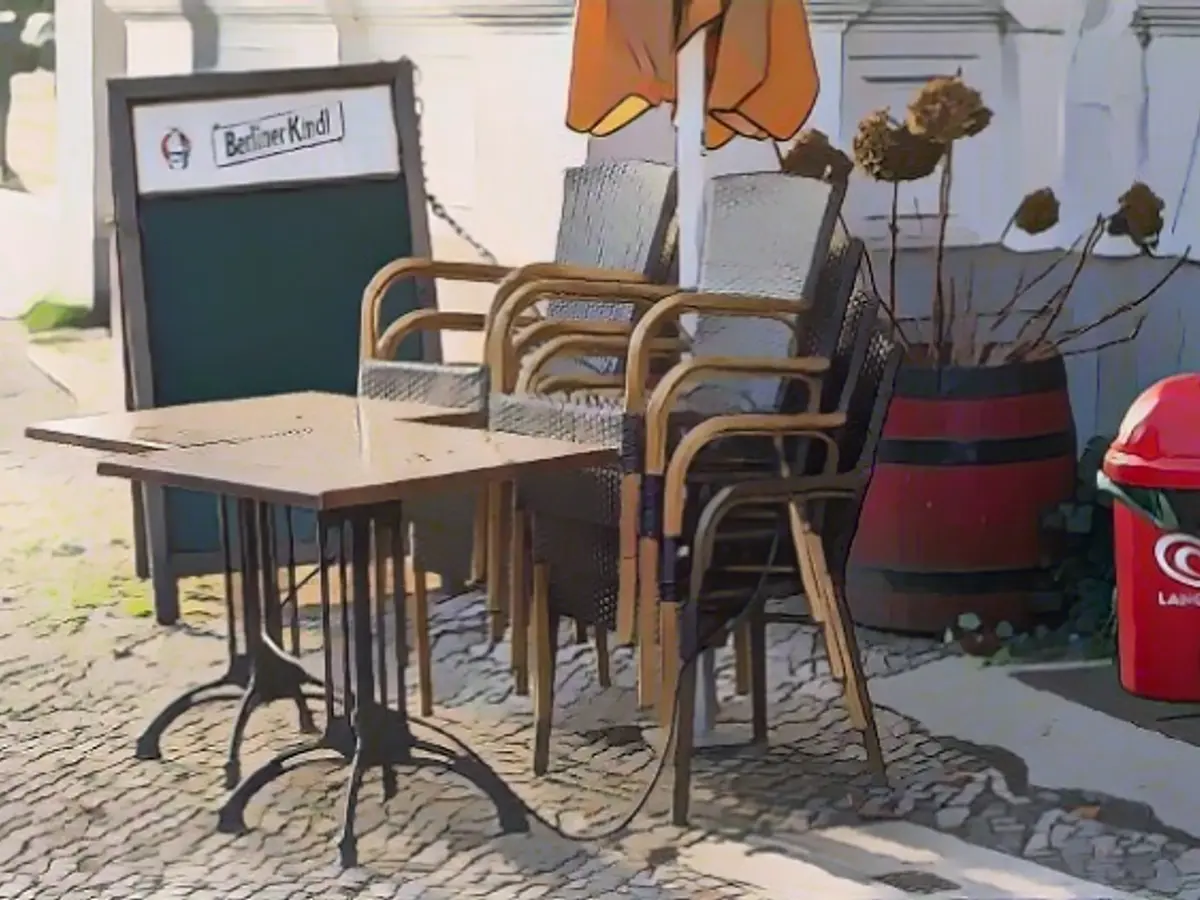Dining Out: Prices Set to Skyrocket
The hospitality sector is currently facing a slump, with the catering industry grappling with even steeper declines compared to pre-pandemic times. From January 1, the old 19% VAT rate will once again apply. According to an IFO survey, consumers should brace for price hikes.
Prior to the reinstatement of the higher VAT rate on food, the German hospitality industry was already experiencing a decline in revenue. The Federal Statistical Office reports a 2.1% decrease in revenue in October compared to the previous month, and an even more significant 2.5% drop when adjusted for inflation.
The atmosphere in the catering industry is somber given the expiration of the reduced VAT on food due to the coronavirus crisis and rising energy prices caused by Russia's invasion of Ukraine. When the VAT rate returns to 19% in January, restaurants fear a decrease in patronage. "Business expectations have nose-dived," said IFO expert Klaus Wohlrabe of his institute's December survey of businesses. "At the same time, price expectations are soaring." This is likely to translate into higher prices across the food service industry.
Inflation-adjusted revenue in the food service industry fell by 2.3% in October compared to the previous month. Compared to October 2019 (pre-pandemic), the industry saw a 14.7% decline. Hotels and other lodging providers also saw a 2.3% decrease in revenue compared to September. They are operating below the pre-crisis level of October 2019 by 7.5%.
The hospitality industry association DEHOGA has expressed concern over the planned return to the old VAT rate, which they argue could endanger countless livelihoods. However, many economists argue in favor of the governing parties' agreement to reinstate the VAT rate on food in restaurants and cafes from 7% to 19%. "This costly concession is socially unjust because it primarily benefits the wealthy," said Friedrich Heinemann from the Center for European Economic Research.
Additional Insights:
The temporary reduction of the VAT rate during the COVID-19 crisis was aimed at stimulating consumer spending and supporting the economy. The return to the 19% standard rate and the reduced rate of 7% has not been directly linked to significant changes in turnover or pricing expectations in the German hospitality industry in recent data. For a more accurate understanding of the current situation, it is essential to refer to specific data and analyses related to the German hospitality industry post-2021.
Restaurant and business owners anticipate higher prices based on the findings of the IFO Institute's survey. The reinstatement of the 19% VAT rate on food from January could potentially exacerbate these price hikes, potentially deterring guests.
Source:








